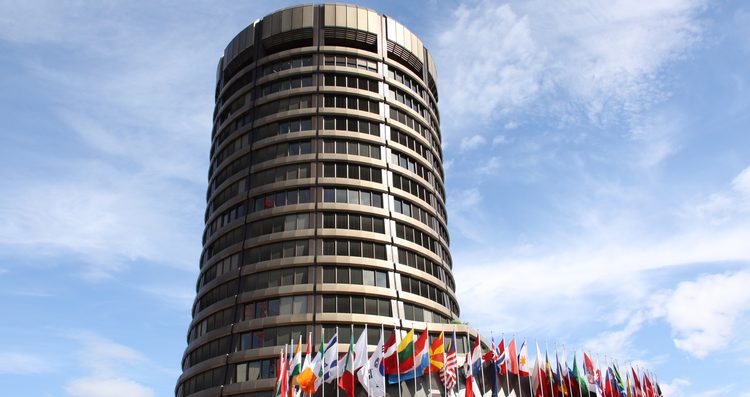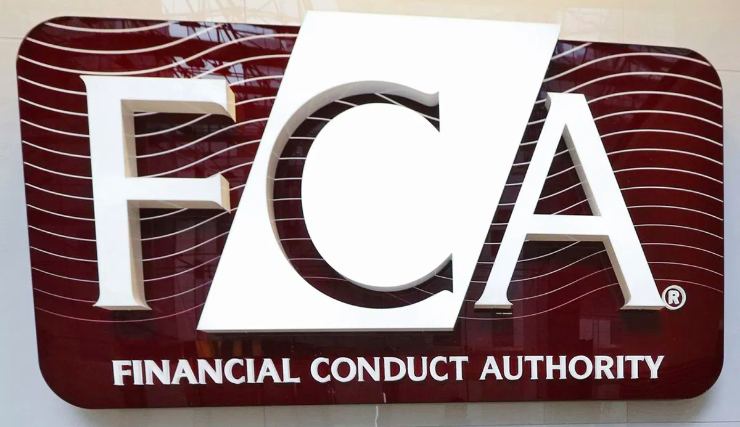by Francesco Salerno
This article is the first of two parts written by me concerning governmental control of investments in strategic enterprises following the Covid-19 pandemic. The articles will be published on two consecutive days. The Covid-19 outbreak has been followed by a raft of measures to lessen its impact on the world of production. Indeed, the majority of countries have intervened in various branches of the law ‒ starting with contract, company and insolvency/bankruptcy rules ‒ with the stated intent of supporting the economy. Among the many other forms of intervention, changes have been made to the rules on the control of companies operating in strategic sectors. This is because companies often tumble in value in crisis situations, making it easier for them to be snapped up “cheaply”: hence the special attention paid to rules that give governments the power to control investments in strategic enterprises. Continue reading…












